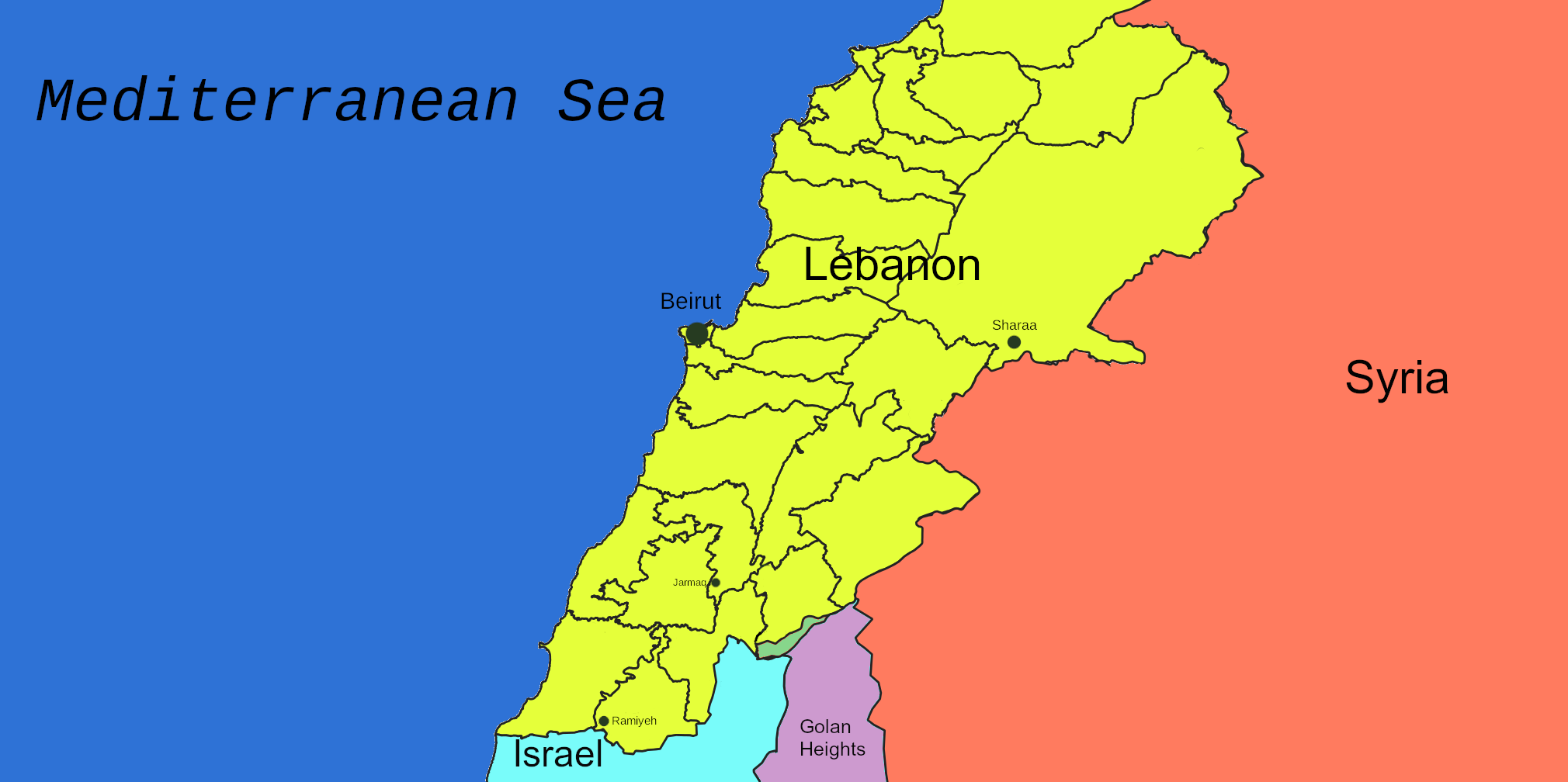This weekend marked the one-year anniversary of the death of Hezbollah leader Hassan Nasrallah, killed in an airstrike during last year’s Israeli invasion of Lebanon. While a ceasefire deal was signed in November 2024, the Israeli strikes continue.
On Friday, Israeli warplanes carried out airstrikes against the Sharaa area of the Bekaa Valley. The planes flew low and reported caused panic among the locals, but no casualties were reported. The IDF claimed they hit a Hezbollah site being used to “manufacture precious missiles.”
That’s a common claim for the IDF when they attack the eastern part of Lebanon. Historically the Bekaa Valley, along the Syrian border, was a weapon smuggling route for Hezbollah, though with the regime change in Syria last year, that’s no longer the case. Now, the claims are that the weapons are outright made in eastern Lebanon, albeit with no evidence offered to support the allegation.

The attacks continued into the weekend, overnight, Israeli Merkava tanks fired shells at the southern Lebanese town of Ramiyeh, and during Sunday, two more airstrikes were reported against the town of Jarmaq.
As of yet no reports from the Lebanese Health Ministry on the casualties that may have been inflicted. The IDF, however, claimed that Hezbollah “weapon storage” sites were targeted in the course of Sunday’s attacks.
The IDF statement further purported that the presence of such sites constituted a violation of the ceasefire agreement. While sites this far south are meant to be dismantled, the IDF provided no evidence that such sites existed in the first place, and the mechanism was meant to be reporting the sites to the ceasefire monitors who would let the Lebanese Army investigate such claims, not unilaterally attacking them.
Such unilateral strikes, however, have been the norm for Israel, and while the Lebanese government has dismantled a number of old Hezbollah sites since the ceasefire went into effect, Israeli attacks never really slowed down, and the US as one of the principle monitors of the ceasefire, has largely shrugged off the overt Israeli violations of the terms.


